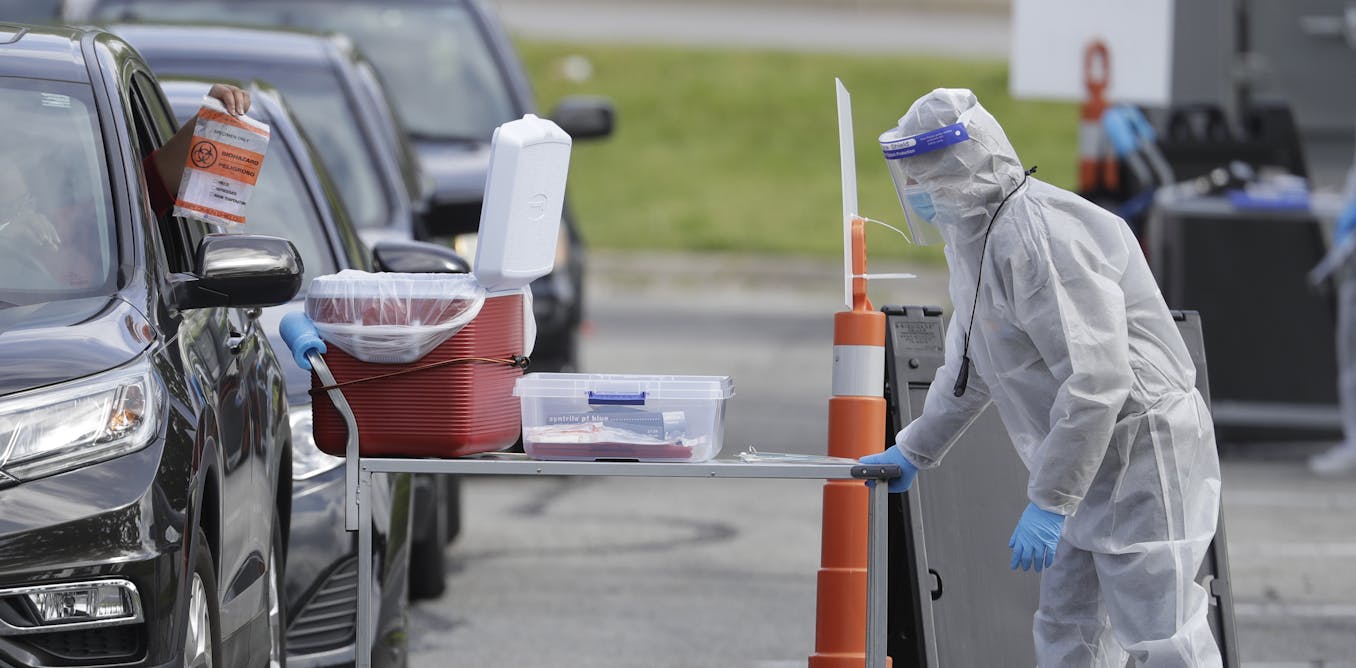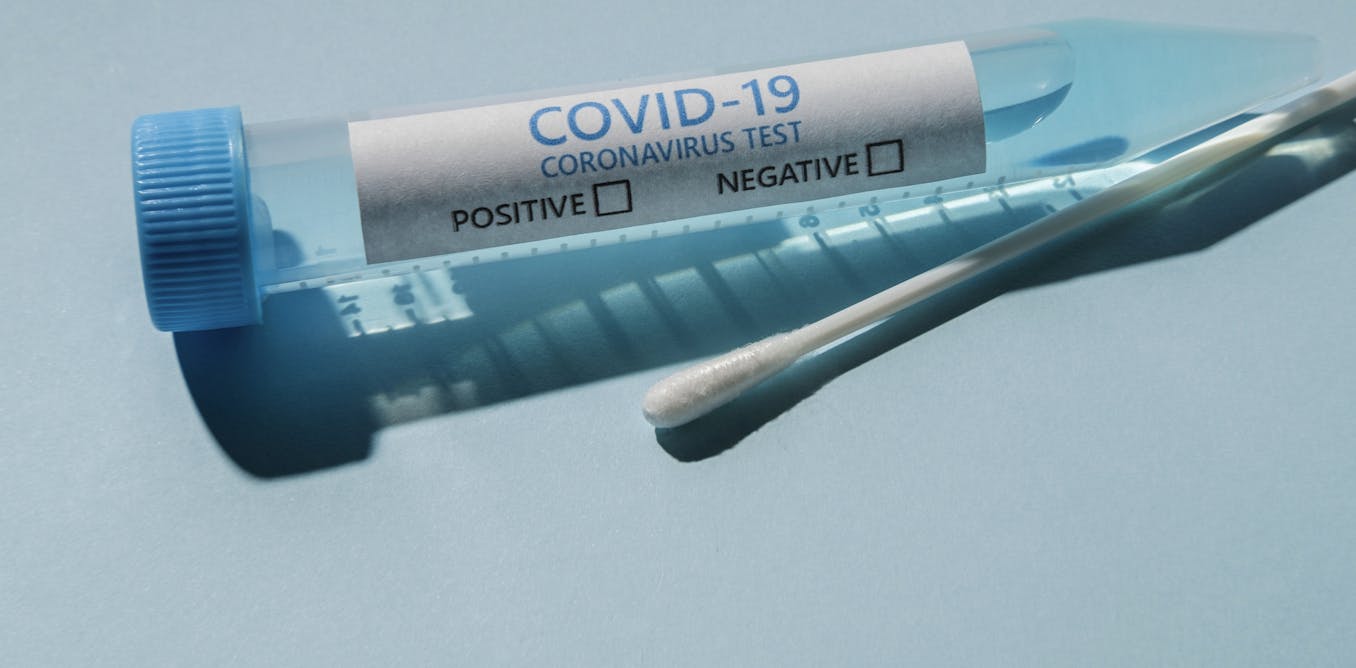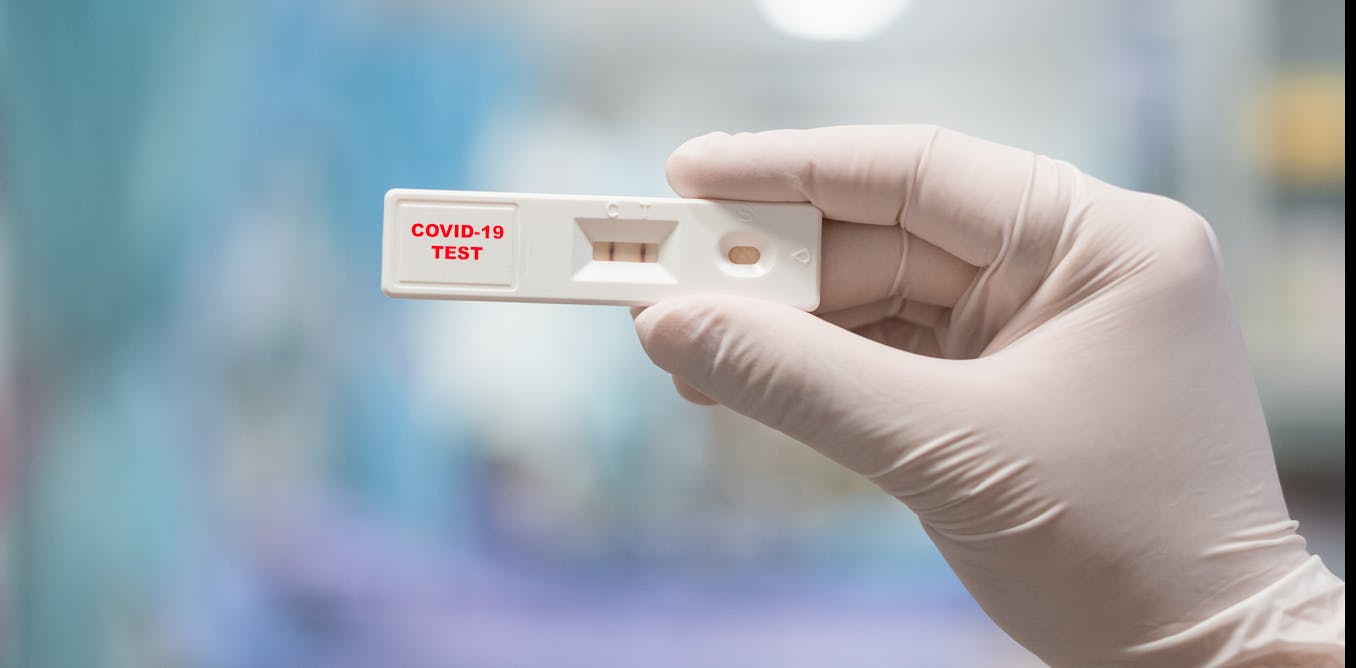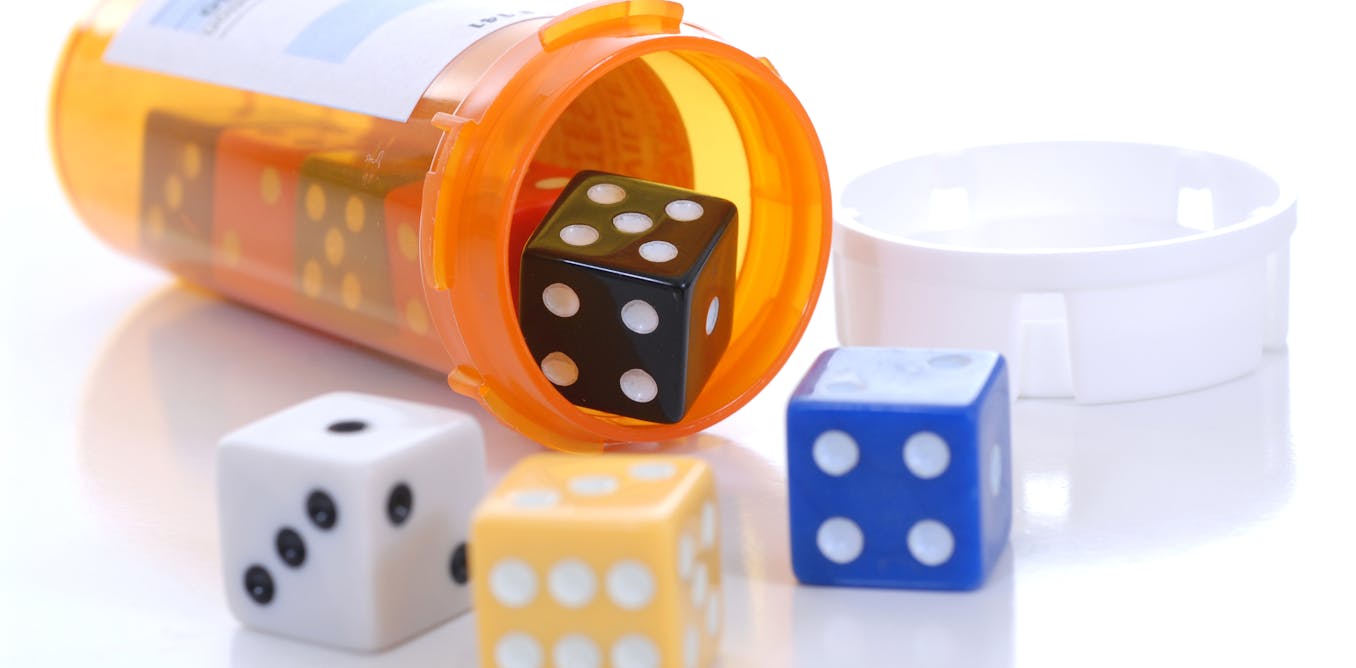Random testing in Indiana shows COVID-19 is 6 times deadlier than flu, and 2.8% of the state has been infected
A team of researchers from Indiana University performed random testing for SARS-CoV-2 across the state. The results offer some of the most accurate data to date about important aspects of the virus.
July 21, 2020 • ~11 min







